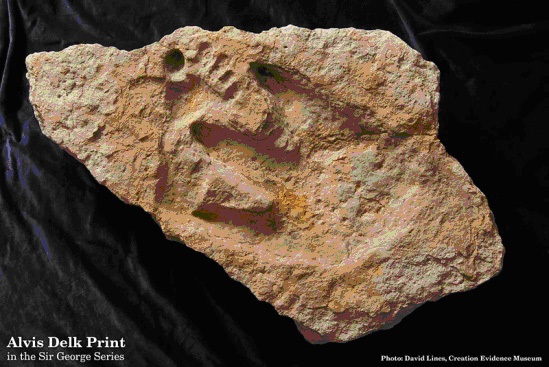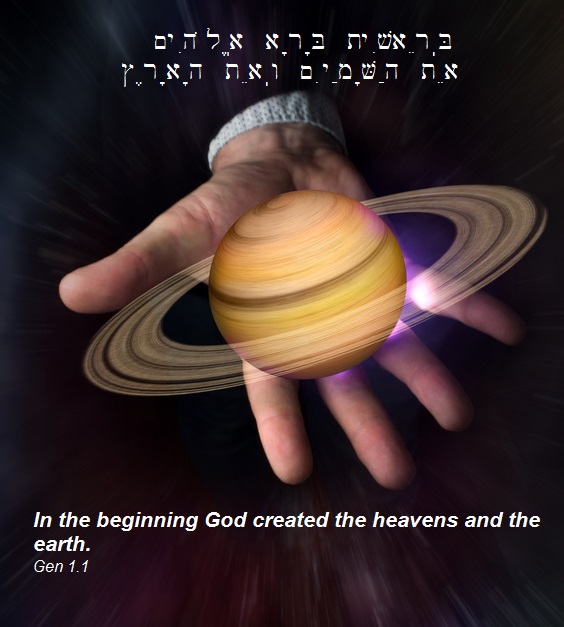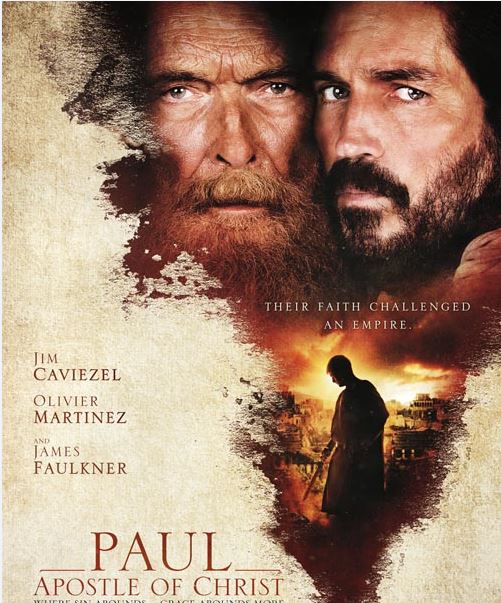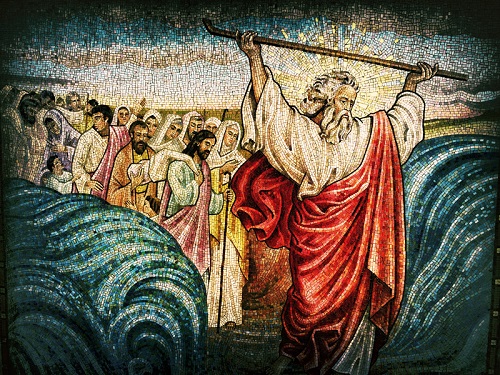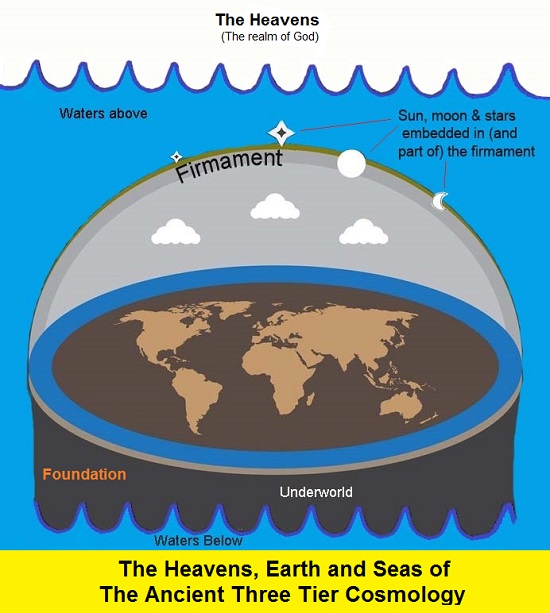
Heaven Earth and Seas of the Ancient 3 Tier Universe Cosmology
In response to my previous article “What Might Einstein Think About Flat Earth Theories” (posted on the Creation Club site)
Dean writes:
| The flat earth society is the source for the absurd idea that the earth is “pancake shaped” and it is “accelerating upward” in order to replace gravity. The Biblical Three Tier Cosmology model makes no such claim. I am still looking for Biblical young earth creation ministries to honestly address the Biblical flat earth model. I keep finding articles like this that misrepresent the majority on other side.
The Bible teaches us that the earth is not in any motion and is at rest on a foundation with pillars and a cornerstone. All experiments designed to demonstrate earth’s motion have failed. The Copernicus/Pythagoras model IS the Big Bang/Evolution model promoted by young earth creationists. It has no Biblical support whatsoever You seem to value Einstein as a scientist even though this is his real resume: |
The response I wrote (below) is a bit long for a comment, so I present it here instead. Also for the reader’s reference – depicted above – the Three Tier Cosmology model Dean refers to consisting of Heavens, Earth and Seas.[1] Note that : Continue Reading

